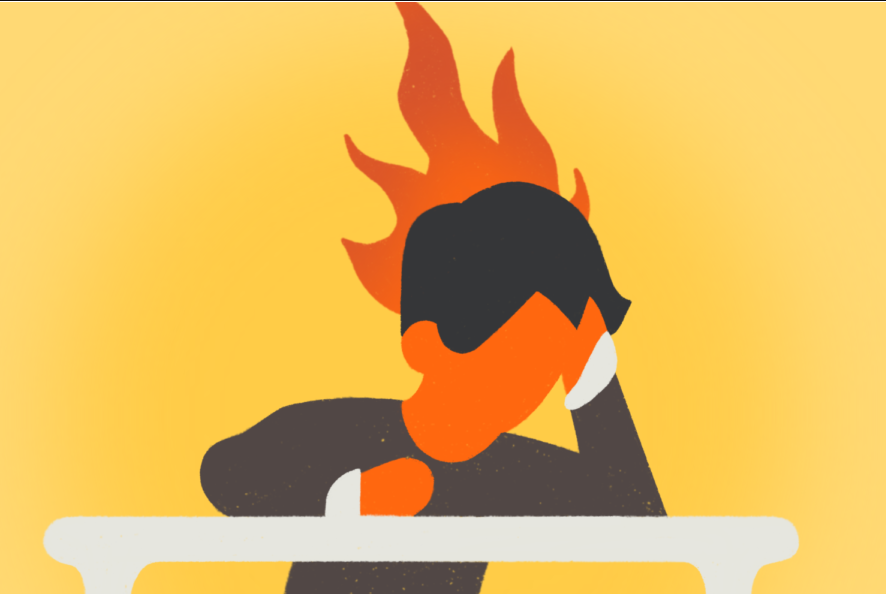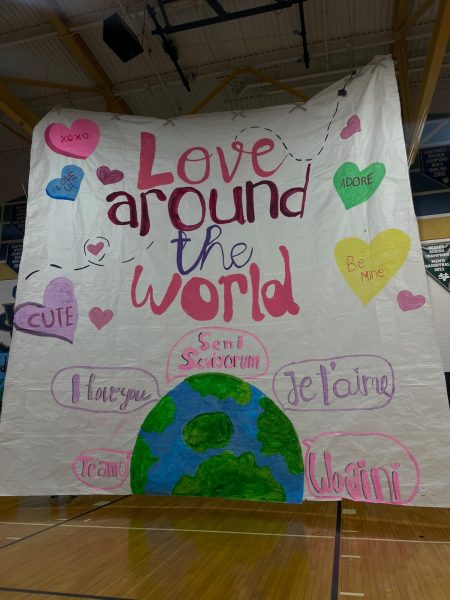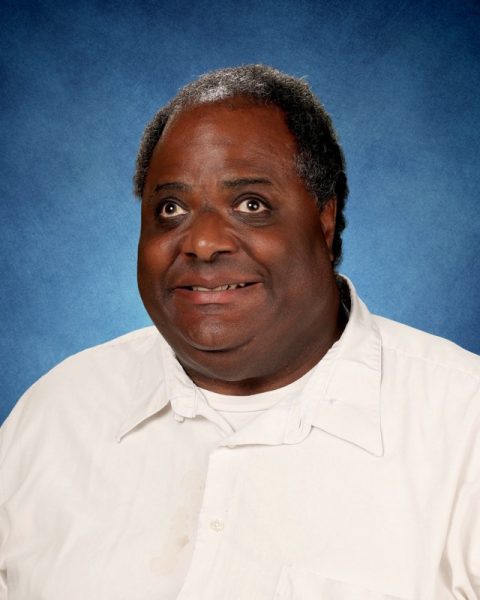Overwhelmed Overachievers
For a while now, the term “Gifted Kid Burnout” has been used more and more frequently. It’s a term used to describe how educationally accelerated kids easily start losing motivation and their good grades when they reach high school and rigid classes. Procrastination becomes a daily trend, because if kids can get an A on a rushed assignment, they’ll do it later. If they can ace the test without studying, they won’t study. As long as the kids are getting straight A’s, it’s fine. Right?
“Certainly, what we see in the IB program, is that they get to high school and it’s actually the first time they’ve ever been really challenged,” said IB coordinator Anthony Gebbia. Poor work ethic is traded for good grades, up until things get difficult and it’s too late to trade back. Study habits are non-existent. Kids don’t know how to apply note-taking skills or even get the motivation to study.
“I’ve never had to study a day in my life since things come naturally to me,” sophomore Hayley Rizor said, “Now, in high school, it’s practically expected of me to know how to do, but I was never taught since I never needed to, ”
“Some teachers think challenge equals volume and they overload with volume,” said Gebbia, “The conversation we’re always having here is to stop with the volume, think about quality over quantity. Fewer assignments, but richer assignments. There’s tension because teachers–because they work in the Clark County School District and work in public education–there’s a lot of other mandates and things that they’re required to do. They have a lot of standards they are required to teach.” An overload of work and expectations are crushing the shoulders of kids who are only about 16 years old.
“I struggle working in groups because I don’t want a bad grade, so I tend to do the work on my own,” said sophomore Esther Kim. Accelerated students have a reputation of being slight “control freaks” They struggle in group projects and communicating with their peers. Both Rizor and Kim said they are perfectionists, leading to them not wanting to work with other people.
“A lot of students aren’t even comfortable or confident in themselves enough to collaborate in a group,” said Gebbia, “That’s a skill that needs to be taught,” These communication issues go farther than group work and into students’ understanding of academic concepts. They don’t ask questions or stand up for their grades.
“Needing help is seen as weak and vulnerable, and since most gifted kids are seen as the higher group, the cream of the crop, we’re afraid to ask for help since it could damage our reputation and make others think we’re not as smart as we actually are.” said Rizor.
Accelerated students push themselves to do many extracurriculars, sports, and community work. Parents want their kid to be a well-rounded student, but students say they can only handle this to a certain extent.
“I crumble a lot and get a lot of anxiety. It gets really bad sometimes.” Rizor said, “I have straight A’s and I’m on the cheer team and in student council, on top of constantly doing AP homework, it’s crazy. I guess I just keep a list of everything I do for the day, get it done, and cry about it later.”
“To me the biggest problem, we’re constantly battling it, is that by and large, when kids do burnout and really start struggling socially and emotionally and stress and anxiety,” commented Gebbia, “We’ll sit kids down and the first thing we do is list, like ‘break your day down for me, I want to know what you’re doing with with your time,’ and by and large the time drain is not academic, it’s the other things they feel almost compelled to do…a lot of it is a passion, but a lot is also joining just for the sake of joining.”
So, how can this be helped? An overwhelming number of students who have anxiety, motivation issues, and end up burnt-out isn’t good for the well being of the generation or generations to come, as said by several students. Too many students feel such an overwhelming need to do absolutely everything they can as they overload classes and activities. People need to switch the narrative to be less about productivity, and more about enrichment of learning and exploring horizons.






